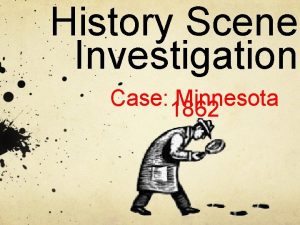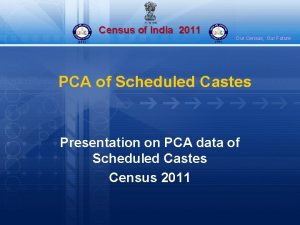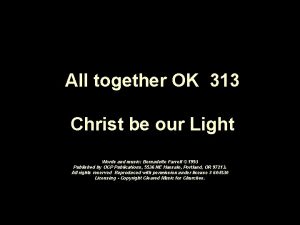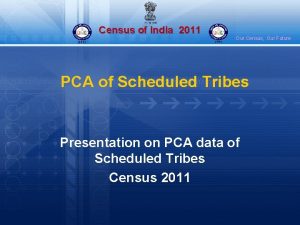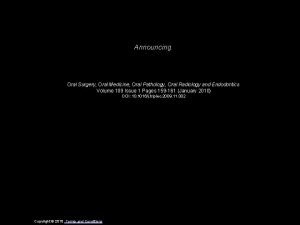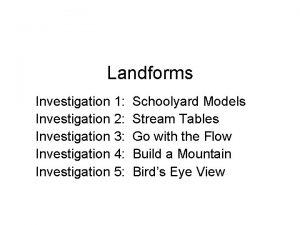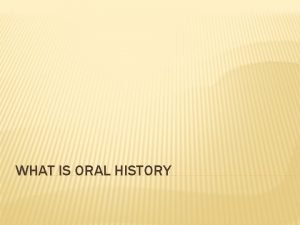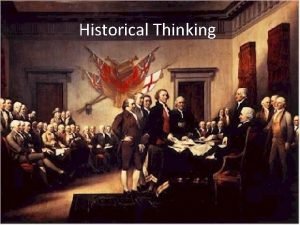Historical Investigation Oral History Historical Investigation For our









- Slides: 9

Historical Investigation Oral History

Historical Investigation • For our next unit will be doing historical investigation and expository writing • Over break you will be interviewing a family member or family friend • Historical investigation means: we are looking for history!

Oral History • You must interview someone older than your parents • Preferably from a different generation from them • It can be a family member or family friend

Why? • It’s a cliché: but you can understand more about yourself and your family by learning about the past • The person you interview will love telling their story. • Your family will love having a record of this interview • Another cliché: The untold stories are often the most interesting • You will appreciate this, maybe not now, but later when they are no longer with you

Resources • Smithsonian Folklife and Oral History Interviewing Guide • http: //www. folklife. si. edu/education_exhi bits/resources/guide/interview. aspx

Interview • You must videotape it or tape record it. Best practices are included in the guide • Make sure your equipment works before and during the interview. Bring spare batteries • You must take notes during the interview. • We will be using both later

Interview • Everyone must interview a different person and take notes during the process • If you do not have a way of recording your interview you will need the person to repeat their answers for some so you can get exact quotes. • You will be using these later

Brainstorm • Personal Questions – – Background for their parents Childhood Young Adulthood • Big Picture – Historical Context – Advice

Before the Interview • • Who do you think you’ll interview? Look at the questions we came up with Look at the questions in your packet At minimum you should have 40 questions to ask the person
 Historical scene investigation
Historical scene investigation History scene investigation
History scene investigation Thinking affects our language, which then affects our:
Thinking affects our language, which then affects our: Our census our future
Our census our future Words to christ be our light
Words to christ be our light Our life is what our thoughts make it
Our life is what our thoughts make it We bow our hearts we bend our knees
We bow our hearts we bend our knees Our census our future
Our census our future Our life is what our thoughts make it
Our life is what our thoughts make it Money madness poem
Money madness poem
